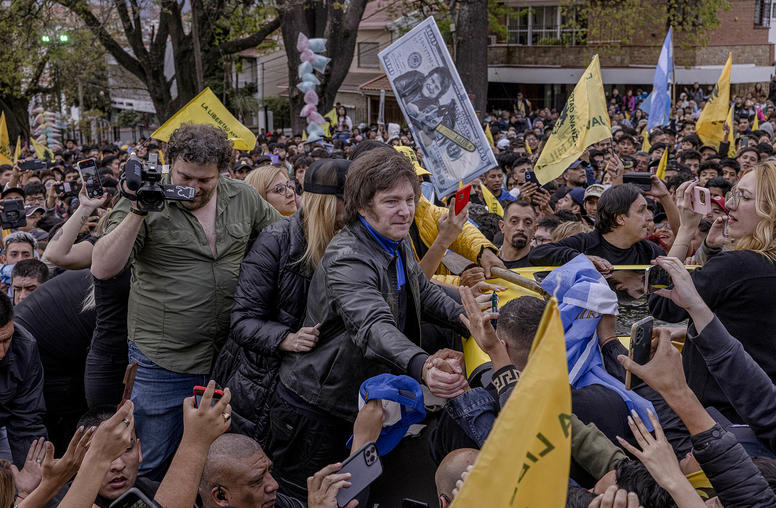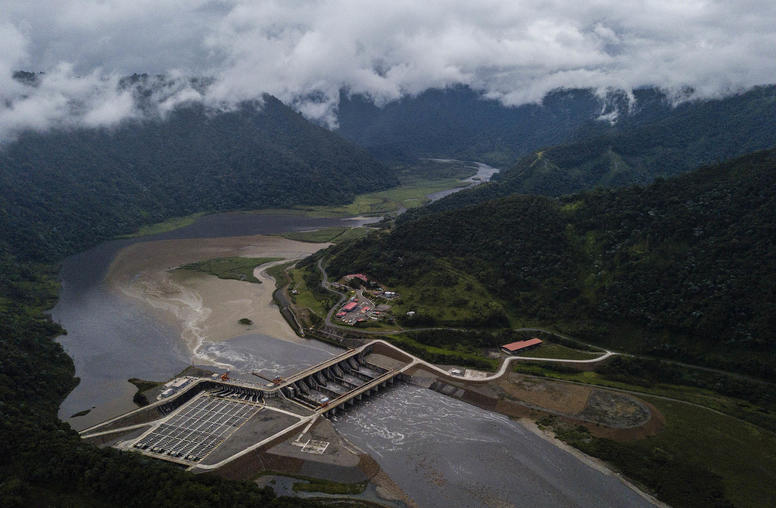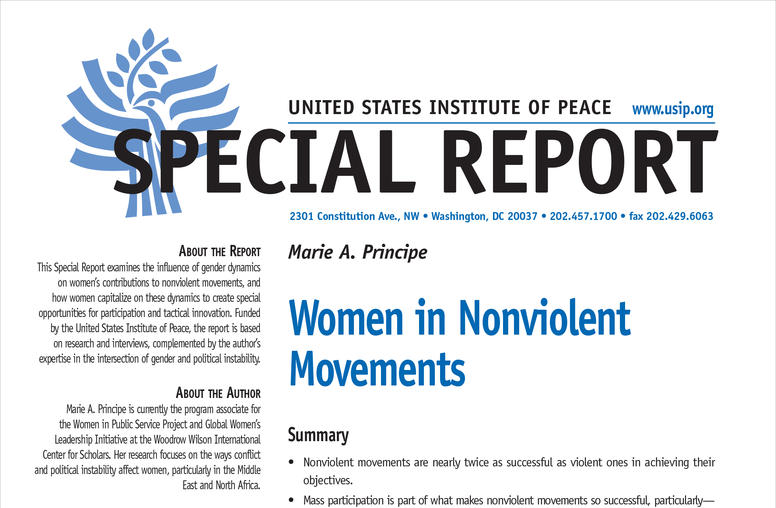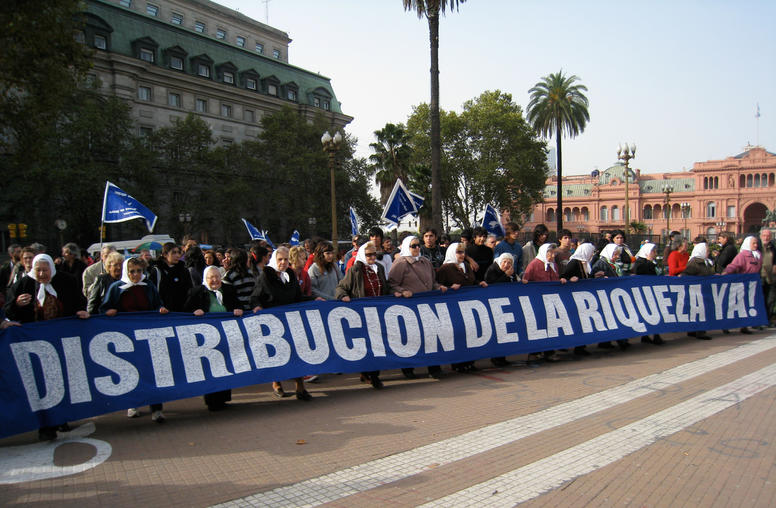State and Soldier in Latin America: Redefining the Military's Role in Argentia, Brazil, and Chile
Peaceworks No. 10
Recent years have given rise to an intense debate about appropriate roles for Latin America's armed forces: Should they remain the guardians of political stability, or should they restrict themselves mainly to external defense?
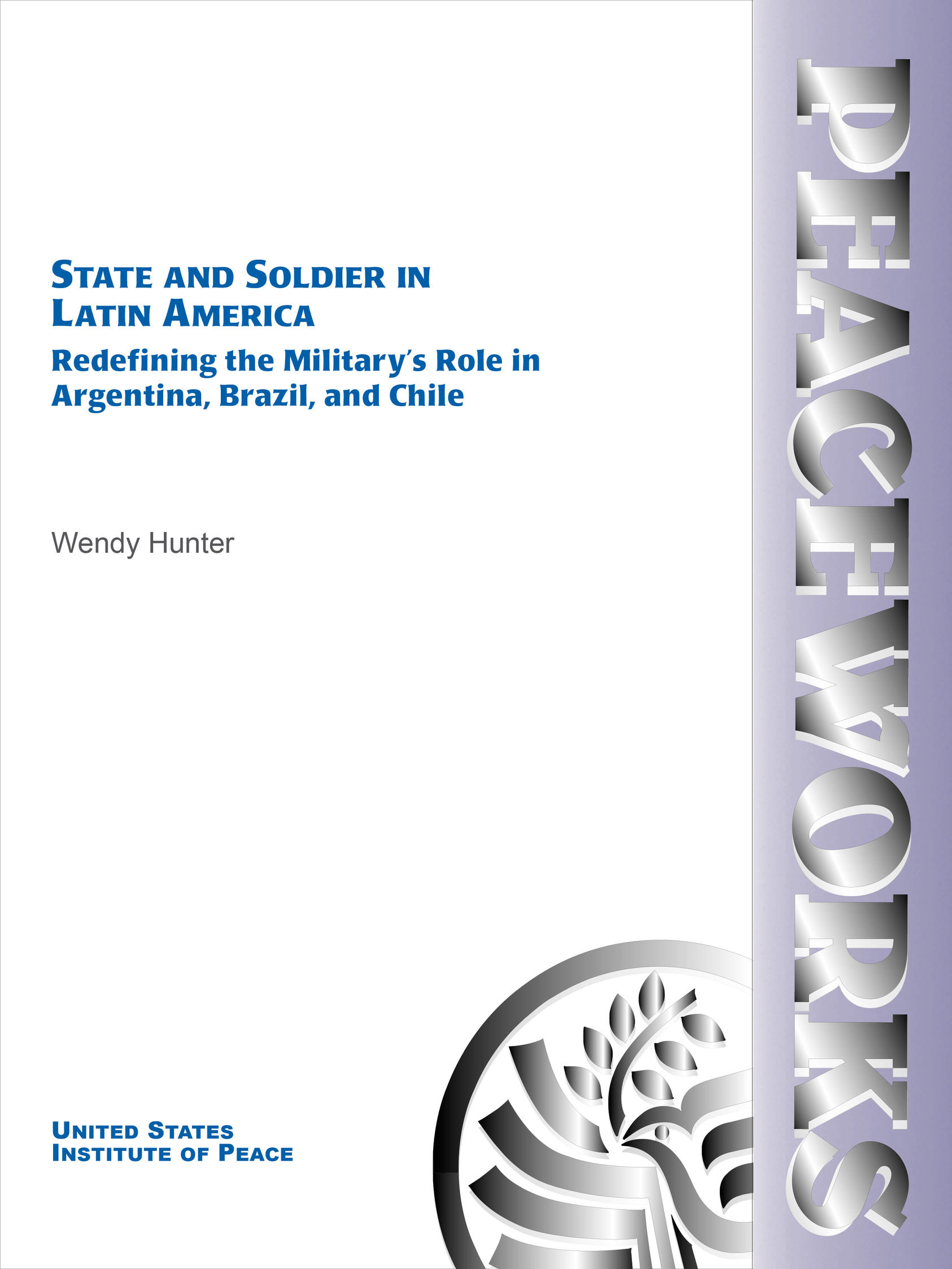
Recent years have given rise to an intense debate about appropriate roles for Latin America's armed forces: Should they remain the guardians of political stability, or should they restrict themselves mainly to external defense? The two major challenges for the region's civilian leaders are to carve out missions for their militaries appropriate to both the security environment of the post–Cold War era and to civil-military relations in a democracy, and to provide ways militaries will effectively adopt these missions.
This essay examines efforts to identify such missions and assign them to Latin America's armed forces. It also analyzes the implications for democracy and civilian control of specific roles for the armed forces that are either under consideration or already under way in Argentina, Brazil, and Chile.
Wendy Hunter, a specialist in Latin American affairs, is assistant professor of political science at Vanderbilt University. Her work focuses on the military in Latin American countries and its role in the post-Cold War era, with particular emphasis on civil-military relations in Brazil and the Southern Cone.
